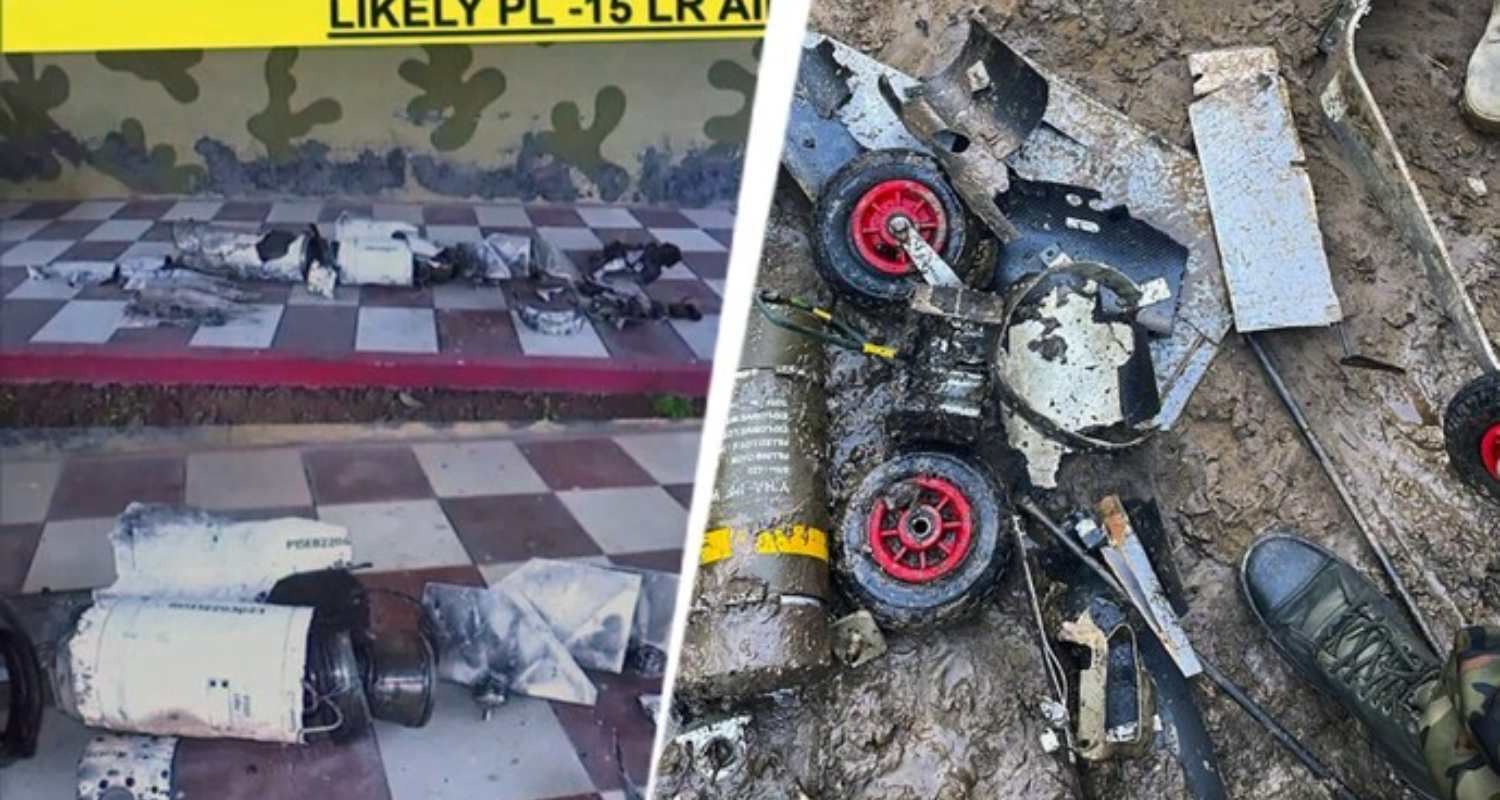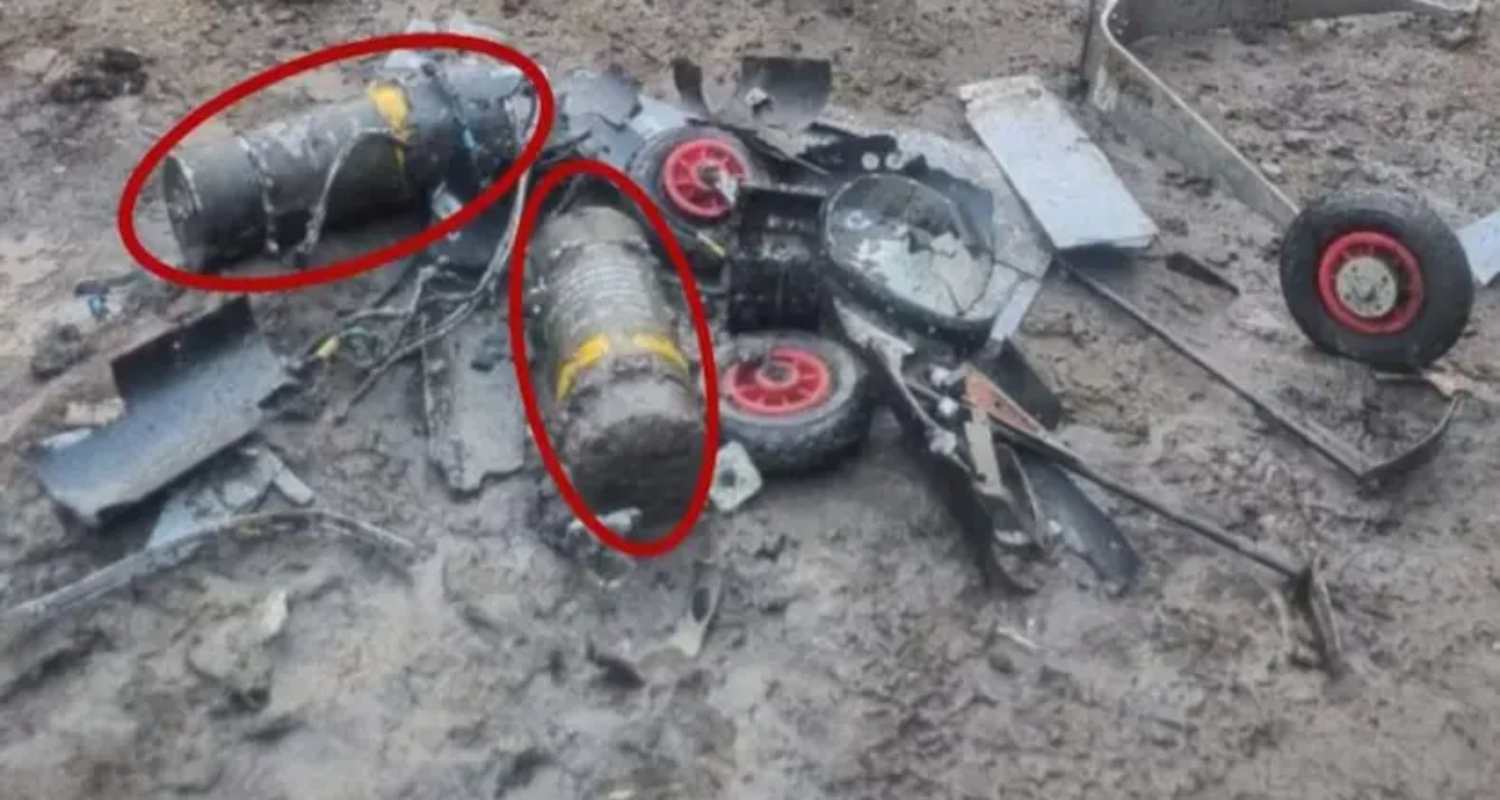The Indian armed forces remain on 'hot standby', maintaining high alert status as a tenuous calm persists along the Line of Control (LoC) with Pakistan following a phase of intense military confrontation. According to top sources, the military remains fully prepared to retaliate if there is any escalation attempt by either the Pakistani army or Pakistan-backed terror outfits.
New details have emerged regarding the aerial battles between India and Pakistan following the launch of Operation Sindoor. These insights include unprecedented methods used for missile deployment and a concerning foreign involvement in Pakistan’s drone warfare strategy.
Sources revealed that Pakistan deployed Chinese PL-15 air-to-air missiles, launched from Chinese-origin jets, which were likely operated by "third-party" foreign personnel. These missiles were reportedly managed remotely through command centres located outside the immediate conflict zone, using satellite systems or Airborne Early Warning & Control Systems (AEW&CS).
This method, described as a "fusion operation," enabled the missiles to remain undetected until late on Indian radar systems, reducing response time. However, several missiles misfired, and the rest were intercepted by India's robust air defence network.

Turkey's alleged role raises eyebrows
Adding to India’s concerns is the role allegedly played by Turkey in supporting Pakistan’s drone operations. Sources stated that not only did Turkey supply armed drones to Pakistan, but there is credible intelligence suggesting Turkish operators may have been involved in guiding drone attacks that targeted both Indian military personnel and civilians.
This has been described by Indian officials as "deeply disappointing", particularly in light of India’s humanitarian assistance to Turkey during the 2023 earthquake. The developments point to a troubling "China-Turkey-Pakistan tango", a trilateral alignment that is being closely monitored by Indian intelligence and military leadership.
Operation Sindoor: Phase one strikes
Operation Sindoor was launched on May 7, as a retaliatory measure after the Pahalgam terror attack that killed 26 people. During the operation’s first phase, Indian armed forces struck nine terror-linked targets in Pakistan and Pakistan-occupied Kashmir (PoK).
Significantly, Indian Air Force (IAF) jets executed the strikes from standoff distances exceeding 250 kilometres, without violating Pakistani airspace. After the operation, India’s Director General of Military Operations (DGMO) informed his Pakistani counterpart that the strikes were aimed at terror infrastructure, not military assets, and advised against further escalation.
Despite this, Pakistan responded with swarm drone attacks across 36 Indian locations, ranging from Leh (Ladakh) to Sir Creek (Gujarat). These attacks were effectively neutralised by India’s integrated air defence systems, which included the S-400, Akash, and Army point defence weapons such as the Zu-23 and L-90. India, in turn, launched countermeasures to degrade Pakistan’s military capabilities, targeting Chinese-made radars and air defence systems.

13 Airbases hit in 23 mins
The conflict escalated early on Saturday morning, when Pakistan fired a high-speed missile, prompting India to launch a wider second-phase counterstrike under Operation Sindoor. The Indian military targeted key Pakistani military assets, including airbases, ammunition depots, radar installations, and hangars.
Among the major targets were airbases at Skardu (PoJK), Nur Khan, Sargodha, Jacobabad, Rahim Yar Khan, Bholari, and Malir. Notably, Sargodha, located nearly 200 kilometres inside Pakistani territory, was struck multiple times using air-launched missiles.
In a highly coordinated operation lasting just 23 minutes, India hit over 13 critical sites, including drone centres and radar bases. The precision and intensity of these strikes reportedly played a key role in forcing Pakistan to seek a ceasefire, which was formally declared later that evening.
Strategic Takeaways for India
Sources emphasised that Operation Sindoor has provided valuable insights into the future of modern warfare. The operation demonstrated the effectiveness of standoff weapons like the BrahMos supersonic cruise missile and the potential for Harop-like kamikaze drones to cripple enemy infrastructure.
The Indian military now sees an urgent need for increased investment in force multipliers, including more Airborne Warning and Control Systems (AWACS), mid-air refuelers, and expanded air defence capabilities.
The role of the Indian Navy was also highlighted during the operation. Its strategic positioning in the Arabian Sea exerted significant pressure on Pakistan and served as a powerful deterrent, reinforcing the Navy’s role in potential punitive strikes in future conflicts.
Though hostilities have eased following the ceasefire, sources clarified that Operation Sindoor is not over. The Indian military continues to maintain heightened readiness, with a strong focus on intelligence gathering, surveillance, and reconnaissance operations.
The current "pause" in direct conflict, they said, should not be misinterpreted as de-escalation, especially given the evolving regional dynamics involving China, Turkey, and Pakistan.
Also Read: Turkey backed Pak with drones, operatives in India attack: Source




